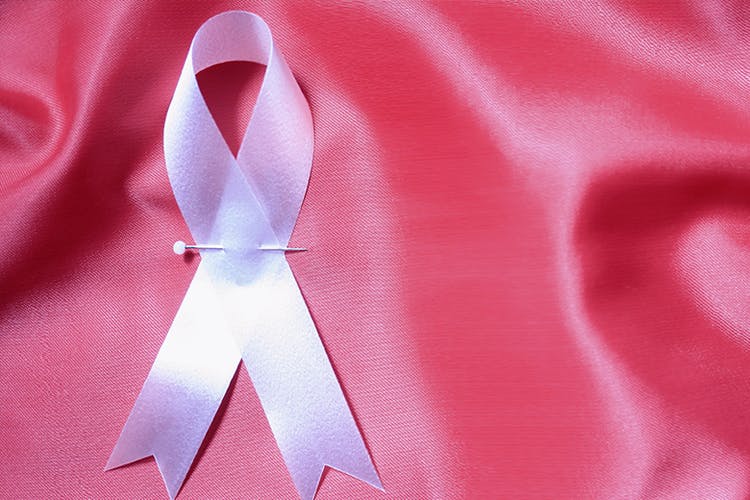What is Breast Cancer and How Does It Affect You?

Breast cancer can be defined as a group of cancer cells that forms in the cells of a breast.

When the cells grow out of control, breast cancer starts to develop and rapidly grow in the body. Breast cancer is mostly found in women, but it is important to note that it can rarely be found in men. According to Susan G. Komen, about 40,920 women and 480 men will succumb to breast cancer in 2018.
Signs and Symptoms of Breast Cancer
Signs and symptoms of breast cancer will vary from person to person but will generally involve a lump or bump in the breast. The breasts may become tender, swollen and painful to the touch. Nipple discharge has also been reported as a symptom of breast cancer, along with redness or swollen lymph nodes. If you believe that you are experiencing symptoms of breast cancer, contact your doctor immediately.
Are You at Risk for Breast Cancer?
It is important to first and foremost note that breast cancer can develop in both men and women. Although the risk of men developing breast cancer is significantly lower than women, they do have a 1 in 1,000 chance of developing breast cancer in their lifetime.
For women, the risks of developing breast cancer include age and being a female. There are several risk factors for breast cancer for women to take note of including but not limited to: age, family history, lifestyle and menstrual periods.
It is imperative to speak with your medical professionals about the risks that you have as an individual to develop breast cancer, as it will vary from person to person. Your doctor can also put together a plan of action specifically for individual risk factors and how to negate them.
How You Can Be an Advocate in the Fight Against Breast Cancer
Fighting against breast cancer is not limited to those who are medically diagnosed with breast cancer. As an advocate for breast cancer and breast cancer awareness, your voice can make a huge difference in the world. Advocating for those in the fight against breast cancer can include participating in local fundraising initiatives, talking with friends and family about the importance of self-examination and speaking with your doctor if you find something abnormal in your breast tissue. Speaking up can help save lives down the road.

The Importance of Self-Examination
Self-exams are an important preventative measure that you should be performing on a monthly cadence. Performing a self-exam in the shower can help you stay in tune with your body, how you are feeling and the health of your breast tissue. Both men and women should aim to perform a self-exam properly and accurately each month
